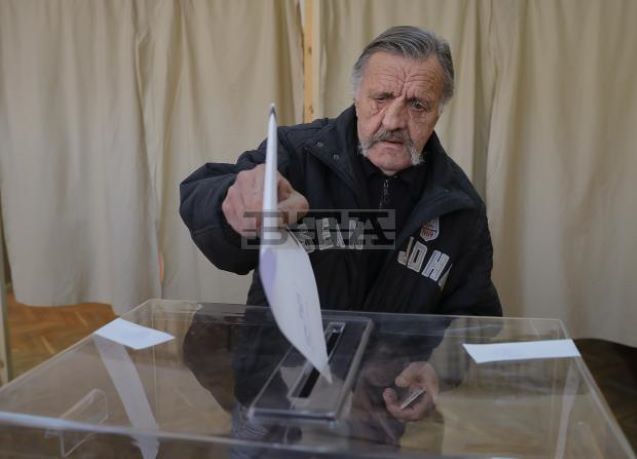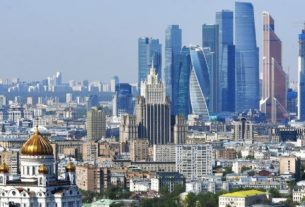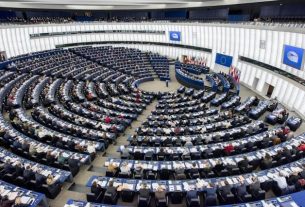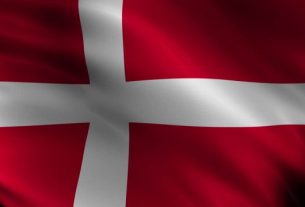An exit poll in Bulgaria predicted the centre-right GERB party of ex-Prime Minister Boyko Borissov is the likely winner of Bulgaria’s parliamentary election.
The exit poll conducted by the Gallup International pollster on Sunday showed GERB earning 24.6 percent support, apparently edging out the reformist We Continue the Change pro-Western party of former Prime Minister Kiril Petkov, which is expected to capture 18.9 percent.
It could take days before the final official results are announced. If they confirm the exit poll, Borissov will be handed a mandate to form his fourth cabinet. It will be an uphill task for him to produce a stable governing coalition, however, since most political groups have in advance rejected any cooperation with his party.
The European Union’s poorest member state is battling annual inflation of close to 20 percent.
“People worry about inflation, about the fact that when you enter a food store a shopping trolley that’s just half full costs a fortune,” said Krasimira Velkova, a 64-year-old economist.
“The difference compared to last year is absolutely staggering. We are worried about how we’ll get through the winter.”
Stable government has eluded the Balkan nation amid deep division within the political elite over how to tackle entrenched corruption, which was the focus of the previous election last November.
Opinion polls suggest up to eight political parties may enter the next parliament. Failure to forge a functioning cabinet would leave the rule of the European Union and NATO member to a caretaker administration appointed by Russia-friendly President Rumen Radev.
However, analysts say political parties, aware of economic risks from the war in Ukraine, a difficult winter ahead and voters’ frustration with political instability, might put their differences behind them and opt for a technocrat government.
“Producing a government will be difficult and will require serious compromises,” said Daniel Smilov, a political analyst with the Centre for Liberal Strategies.
Support for traditional parties, such as the ethnic Turkish MRF party, and Petkov’s allies – the Socialists and anti-graft Democratic Bulgaria – remains relatively unchanged since the last election in November.
Petkov’s PP-led government took an unusually hawkish stance on Russia, in spite of Bulgaria’s traditionally friendly ties with Moscow. It refused, for example, to pay for Russian gas with roubles and has seen Gazprom cut off supplies.
One group that has seen more change is the pro-Russian ultra-nationalist Revival, which firmly opposes the adoption of the euro and wants to see Bulgaria out of NATO. It has more than doubled its support to about 11 to 14 percent, according to opinion polls.
“I hope that all Bulgarians will come to their senses so … we elect a stable government, but unfortunately the feeling I see do not give me promise,” said 55-year-old lawyer Yulia Grozeva.
The European Union nation’s fourth election in 18 months was marked by a raging war nearby, political instability, and economic hardships in the bloc’s poorest member.
Some 6.6 million people were eligible to cast ballots for 240 lawmakers in the parliament. Voter turnout was nearly 30 percent by 5pm, less than in previous elections. Analysts attributed that to voter fatigue and disillusionment with politicians unable to cobble together a viable government coalition.__Al Jazeera





